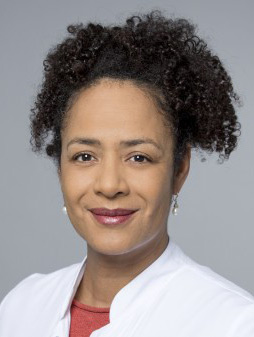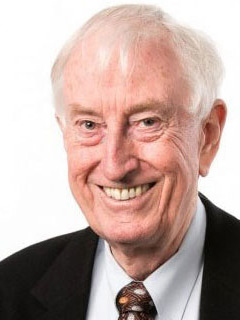Global S&T Development Trend Analysis Platform of Resources and Environment
| What if we cannot find a vaccine? German and Australian scientists discuss COVID-19 | |
| admin | |
| 2020-07-01 | |
| 发布年 | 2020 |
| 语种 | 英语 |
| 国家 | 澳大利亚 |
| 领域 | 资源环境 |
| 正文(英文) |


Despite an unprecedented global research effort and record-breaking times to first in-human trials there are no guarantees that a vaccine will be available soon for COVID-19, according to one of Germany’s pre-eminent virologists, Professor Doctor Marylyn Addo. Professor Addo made the comments during a recent webinar titled ‘Under the Microscope’ held by the Australian Embassy Berlin, the German Embassy Canberra, the Australia-Germany Research Network (AGRN) and the Australian Academy of Science. The webinar was held on the six-month anniversary of receipt of the first reports of a cluster of cases of pneumonia of unknown cause in China by the World Health Organization. Now the world has just crossed over a minimum of 10 million infections and 500,000 deaths. “I am optimistic, but nobody can say when we’ll definitely have a vaccine and there are many open questions,” said Professor Addo, who is head of infectious disease at the University Medical Center Hamburg-Eppendorf, Germany. Professor Addo has developed and tested vaccines for Ebola and MERS and is currently developing a viral vector-based COVID-19 vaccine. “While we are talking about the vaccine it’s critical that we develop other therapeutics. The repurposed drug remdesivir, developed to treat Ebola, is one of the frontrunner options for treating COVID-19, while the search for a vaccine continues,” said Professor Addo. “It’s got the advantage of already having lots of data from clinical use. It’s not going to be our saving drug but it’s an important first step.” Professor Addo was joined by patron of the Doherty Institute, Nobel Laureate Professor Peter Doherty AC FAA FRS. The institute has been at the forefront of Australia’s response to the COVID-19 pandemic. On the importance of international collaboration Professor Doherty said there is a massive global commitment to finding solutions to the pandemic. “I think in general the world is working together very well on this. There is great consciousness that this is a global problem and recognition that this has to be solved globally,” Professor Doherty said. “This is the only truly novel respiratory virus pandemic in modern history. This is quite a benchmark and I think we should be very much warned that these things are around and out there and there is a lot more of them.” Professor Addo said the global pandemic has shown how connected we are. “A unilateral approach is not going to tackle this. There might be a new normal and we must talk about that. We have to be cautious about whether we’ll go back to the way things were,” Professor Addo said. The webinar was opened by Her Excellency Ms Lynette Wood, Australian Ambassador to Germany, and Emeritus Professor Hans Bachor, Secretary for Education and Public Awareness at the Australian Academy of Science. |
| URL | 查看原文 |
| 来源平台 | Australian Academy of Science |
| 文献类型 | 新闻 |
| 条目标识符 | http://119.78.100.173/C666/handle/2XK7JSWQ/280678 |
| 专题 | 资源环境科学 |
| 推荐引用方式 GB/T 7714 | admin. What if we cannot find a vaccine? German and Australian scientists discuss COVID-19. 2020. |
| 条目包含的文件 | 条目无相关文件。 | |||||
| 个性服务 |
| 推荐该条目 |
| 保存到收藏夹 |
| 查看访问统计 |
| 导出为Endnote文件 |
| 谷歌学术 |
| 谷歌学术中相似的文章 |
| [admin]的文章 |
| 百度学术 |
| 百度学术中相似的文章 |
| [admin]的文章 |
| 必应学术 |
| 必应学术中相似的文章 |
| [admin]的文章 |
| 相关权益政策 |
| 暂无数据 |
| 收藏/分享 |
除非特别说明,本系统中所有内容都受版权保护,并保留所有权利。
修改评论